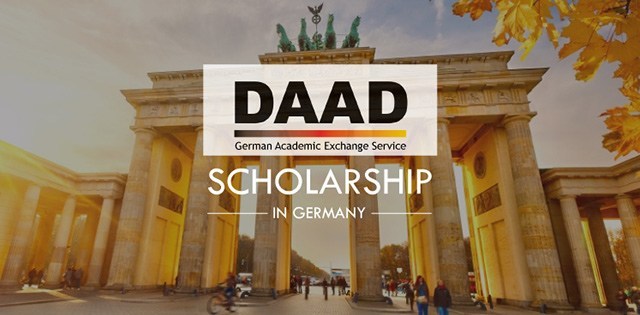The German Academic Exchange Service (DAAD) supported more academics and students in 2018 than ever before, with figures peaking at over 145,000 individuals. The 4% increase in students and academics benefiting from DAAD support contrasts with what the organisation refers to as “confusing and partly worrying developments worldwide”.
A recent analysis by the Organisation for Economic Co-operation and Development (OECD) of ‘Talent Attractiveness’ indicators among its 36 member countries puts Germany third for attractiveness to university students, after Switzerland and Norway.
DAAD has registered the largest number of applications from abroad for its ‘Study Scholarships for Graduates’ scheme, which enables international students to participate in various postgraduate programmes.
The study scholarships were sought most of all by students from the Russian Federation, followed by the United States, Azerbaijan, Ukraine, Kazakhstan, Greece and Italy. Western Europe, Asia and North America continue to be the most important target regions for German applicants. While the United Kingdom is still the most popular country regarding one-year scholarships for graduates and doctoral students, numbers are now declining.
Presenting DAAD’s 2018 statistics in Berlin, DAAD President Wintermantel noted that DAAD would maintain its efforts to get more and more people interested in international exchange. “We are convinced that it is key to guaranteeing our values of freedom, equal opportunities and fairness,” she said.

